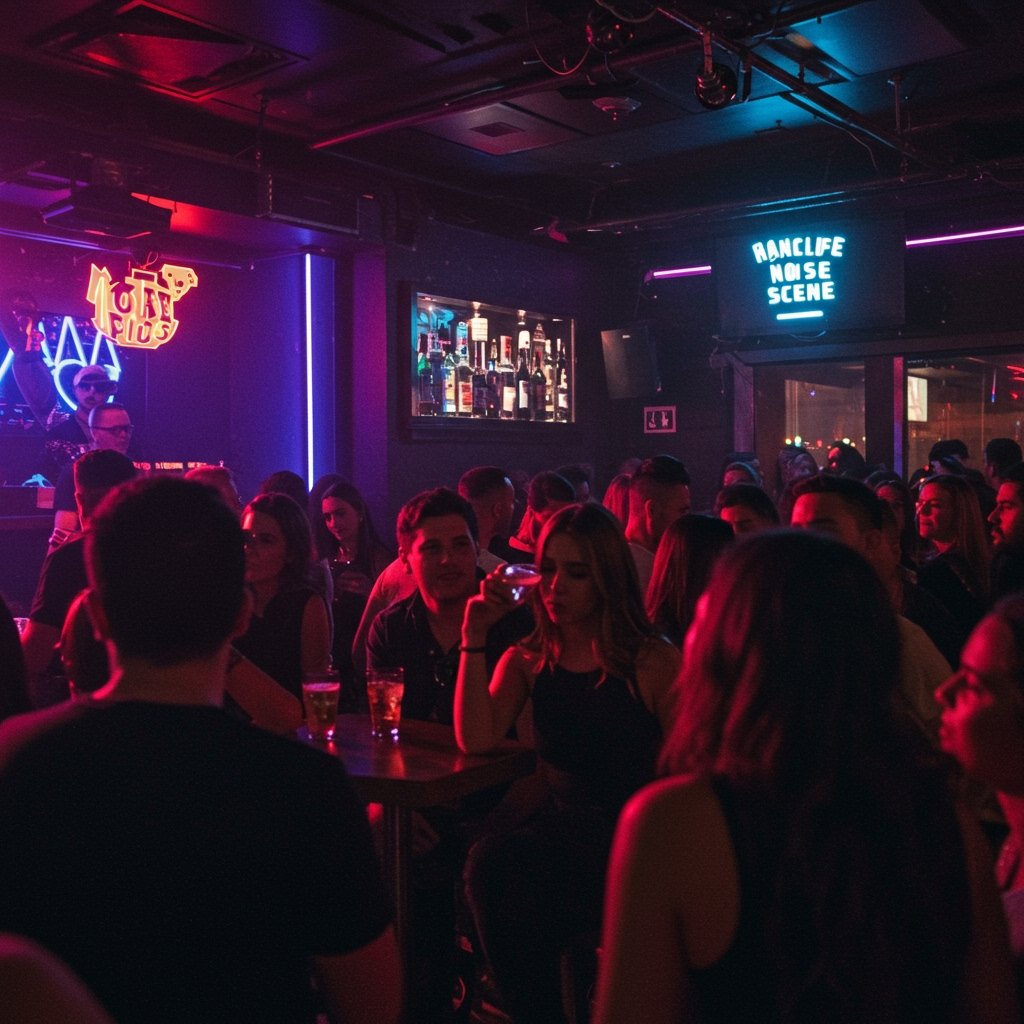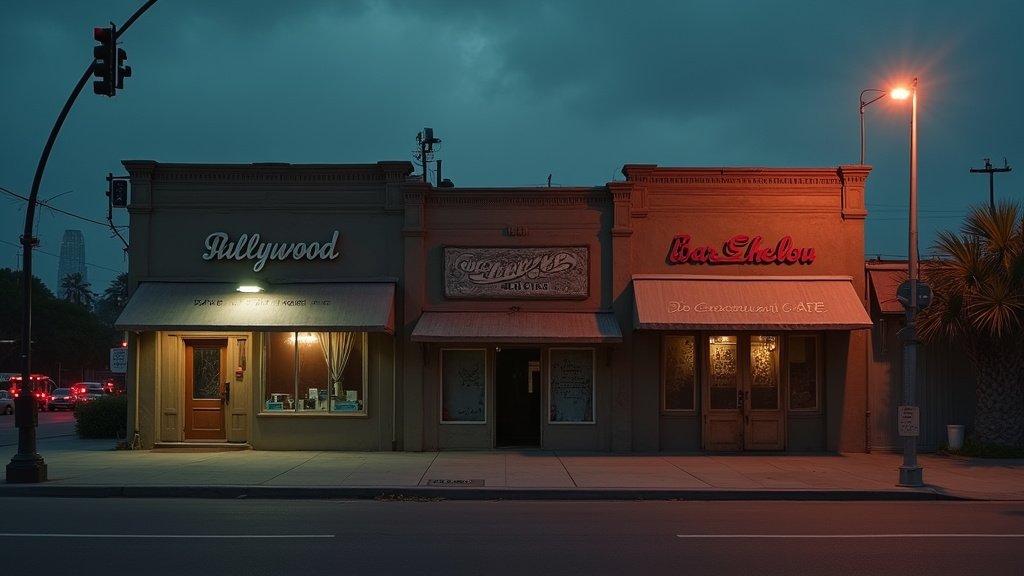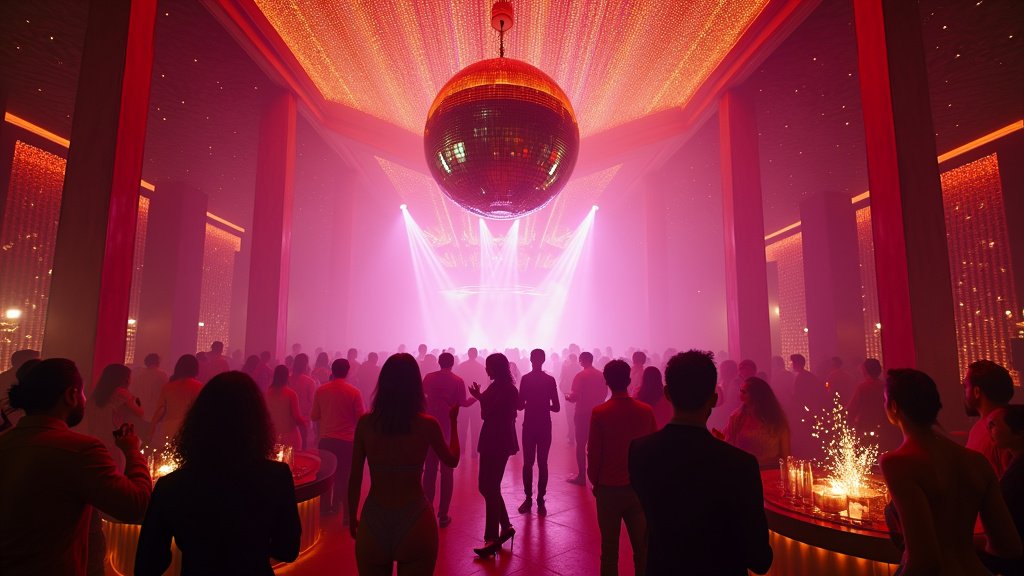LOS ANGELES, CA – Los Angeles city officials have initiated a significant, and reportedly unexpected, crackdown on noise ordinance violations impacting bars and nightlife establishments, particularly those featuring outdoor patios and live music. The move, triggered by an increase in neighborhood complaints across several popular nightlife zones, is forcing immediate operational adjustments and sparking considerable concern among bar owners about the future viability of their businesses.
The regulatory push, described by many in the industry as abrupt over the past day, centers on existing municipal codes designed to curb excessive noise. While these ordinances have always been on the books, the recent surge in stringent enforcement marks a departure from previous practice, catching many venue operators off guard.
The Catalyst: Rising Neighborhood Complaints
The immediate cause cited for the intensified enforcement is a documented rise in formal complaints from residents living near entertainment districts. Areas known for their vibrant nightlife, such as parts of Hollywood, Silver Lake, Koreatown, and the Westside, have reportedly seen an uptick in grievances related to loud music, late-night patrons, and general noise levels emanating from bars and restaurants.
City officials, while not issuing a sweeping new policy, appear to have directed regulatory bodies, including the Los Angeles Police Department and the Department of Building and Safety, to prioritize and act upon these complaints more aggressively. This proactive enforcement differs from the more reactive approach often seen previously, where action might only follow repeated violations or severe disturbances.
Immediate Impact on Operations
The effect on businesses has been immediate and, for many, disruptive. Bar owners are reporting visits from city inspectors or law enforcement citing noise violations, leading to rapid operational changes. These adjustments include:
* Reduced Hours: Many establishments are contemplating or implementing earlier closing times, especially for outdoor areas.
* Altered Entertainment Schedules: Live music acts, particularly those performing outdoors or late into the evening, are being canceled or moved indoors, often requiring costly soundproofing measures or significantly changing the venue’s atmosphere.
* Lowered Volume Levels: Bars are being instructed to keep music volume significantly lower, which some owners argue detracts from the customer experience.
* Patio Restrictions: Restrictions on the use of outdoor patios after a certain hour are being more strictly enforced.
For businesses that heavily rely on their outdoor space for capacity and ambiance – a trend that accelerated significantly following pandemic-era restrictions – these changes represent a fundamental challenge to their business model.
The Crucial Role of Outdoor Spaces
Outdoor patios, rooftops, and al fresco dining areas have become integral to the Los Angeles hospitality scene. They offer patrons a desirable open-air environment and provide businesses with crucial additional capacity, particularly in a city where indoor space can be limited and costly. Many bars invested heavily in these areas over the past few years, viewing them as essential to recovery and growth.
These spaces are often the primary venues for live music, DJ sets, and social gatherings that define the city’s dynamic nightlife. Restricting their use or requiring significant modifications due to noise regulations directly impacts revenue streams, staffing needs, and the overall character of the establishment. Bar owners argue that the very appeal of their venue is often tied to the lively atmosphere generated in these outdoor areas.
Concerns Mount for Business Owners
The suddenness and perceived severity of the enforcement have generated significant anxiety within the bar and nightlife industry. Owners are voicing concerns about:
* Financial Viability: The inability to fully utilize outdoor spaces or host live entertainment as planned could severely impact profitability, especially for smaller, independent businesses.
* Investment Loss: Money invested in building and enhancing outdoor patios or sound equipment suitable for previous enforcement levels may now be effectively lost.
* Uncertainty: A lack of clear, proactive communication from the city regarding the intensified enforcement leaves businesses unsure of what constitutes compliant behavior moving forward.
* Competitive Disadvantage: Bars heavily reliant on outdoor elements feel unfairly targeted compared to purely indoor venues.
Some industry representatives are calling for dialogue with city officials to find a balance between addressing resident complaints and supporting the businesses that contribute significantly to the city’s culture and economy. They suggest exploring solutions such as phased compliance, clear guidelines, or designated entertainment zones where noise regulations might be approached differently.
Looking Ahead
The coming weeks will be critical for many Los Angeles bars as they navigate these new operational realities. While the city’s objective is likely to improve the quality of life for residents impacted by noise, the method of enforcement has sent ripples of uncertainty through a vital sector of the local economy. The situation highlights the perennial challenge faced by rapidly growing urban centers: balancing the interests of established residential communities with the vibrant, often boisterous, energy of successful entertainment districts. How the city and bar owners adapt to this renewed focus on noise control will likely reshape parts of LA’s famous nightlife landscape.





